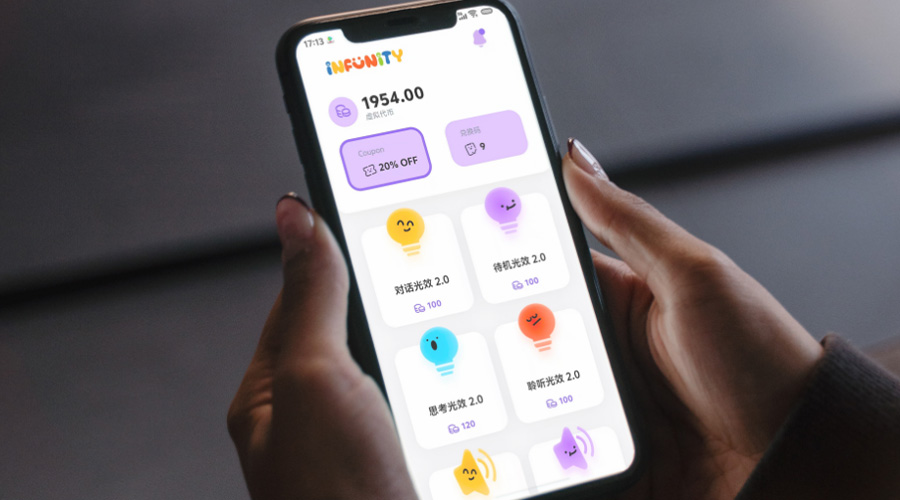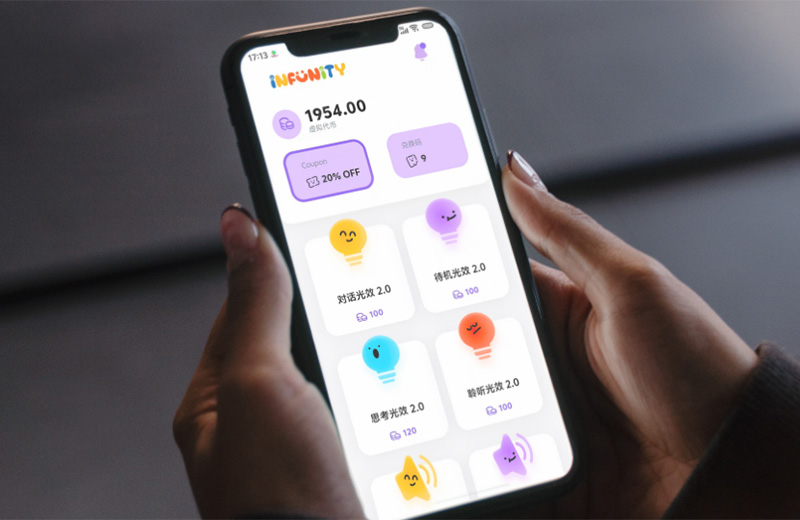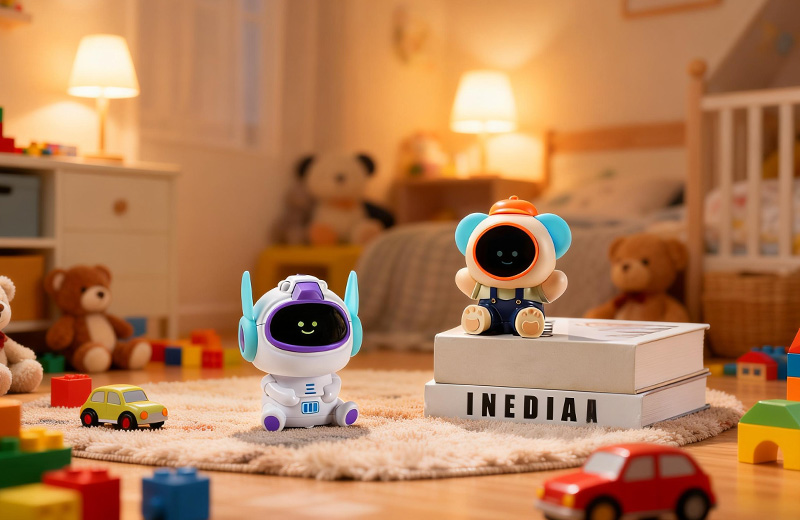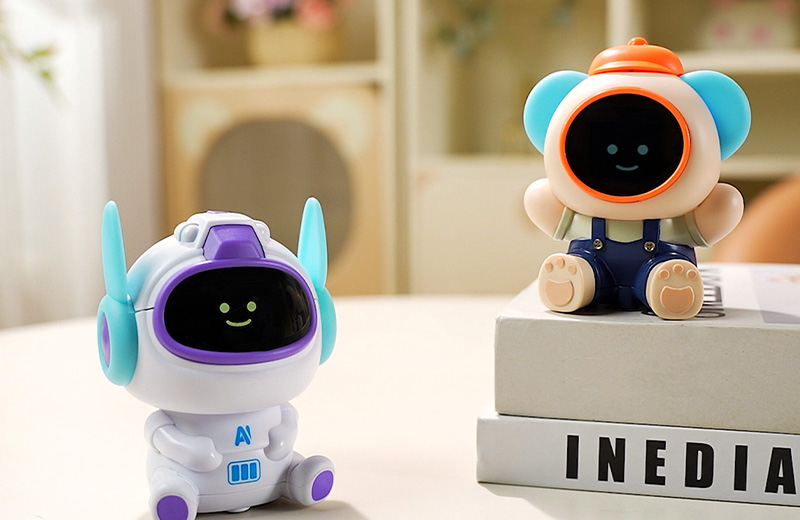In the U.S. and Europe, many parents are already familiar with smart toys. They see AI-enabled products as tools that both entertain and personalize learning. Sales in North America rose 18% in 2024, according to market research. Parents there often highlight both companionship and educational value.
Meanwhile Chinese parents are still warming up. Surveys show over 60% focus primarily on appearance and branding when buying such toys, while concerns about data security and screen time dominate. Many remain unfamiliar with the potential of AI-driven interaction.

INFUNITY's smart toys are attracting attention in this context. Combining AI voice interaction with educational content, the products offer task-based learning, conversational features, and growth reports that help parents understand their child's interests and habits. Industry observers see this as a way to bridge the perception gap.
This divide is shaping corporate strategy. International brands market heavily on safety and educational value, while domestic companies often rely on price and entertainment IPs. Analysts warn that unless parents' understanding keeps pace with technology, market growth could be constrained.
Education experts note this reflects deeper cultural differences: Western parents tend to emphasize self-discovery and personalized learning, while Chinese parents focus more on academic performance and traditional methods. Adoption speeds across regions vary respectively.
China's smart toy market is still growing quickly. With AI technologies becoming popular and educational concepts evolving, the perception gap may narrow in coming years-for now, it remains significant.




 Recommended for You
Recommended for You


















